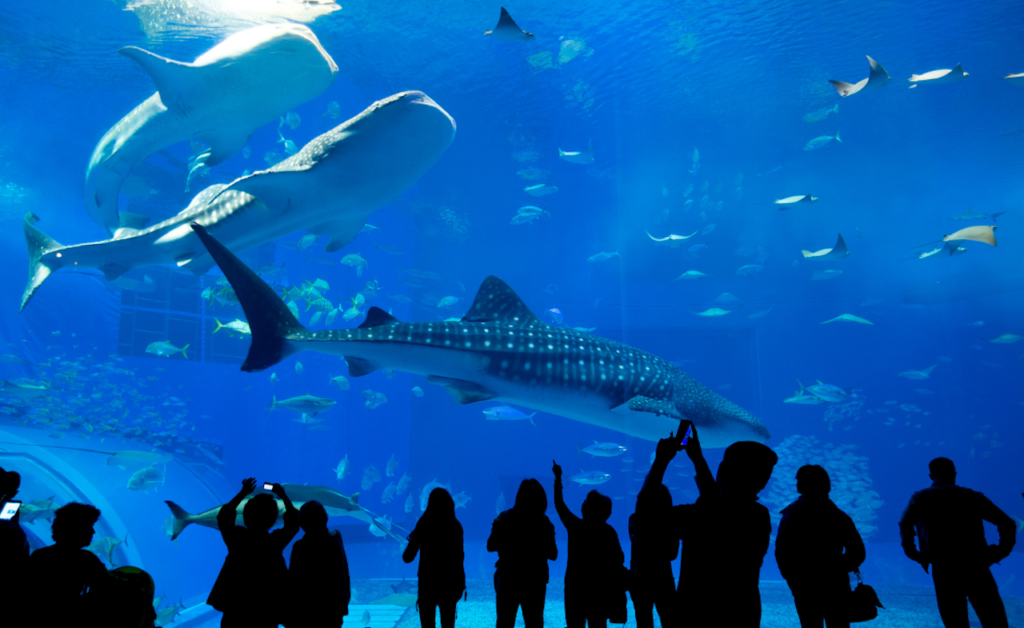
Neah Bay, WA: The northwestern-most point of the continental United States. High School biology students are bussed in by permission of the Makah Tribal Council, to explore and catalog the teeming life of the tide pools. These youth are instructed by their teachers to look, but not touch; admire, but not remove; examine, but not interfere. With pens and paper in hand, the students crouch in close to peer at the staggering biodiversity contained within just one provisional pool of sea-water at low tide, let alone the whole incomprehensible ocean beside them.
The point of this field trip is to defamiliarize, to make the old new, the common uncommon, the mundane sublime, to show just how strange and wondrous and wild this world really is. The hope, then, is that these students will grow up to get out of nature’s way, to leave such overwhelming beauty alone, to recognize that we are but one small part of a much-larger-than-imaginable whole.
Once, in 1999, some of these students stood up, stood back, and staggered in awe, as they beheld, for the first time in 70 years, the Makah haul a slain whale to the beach. The tribe had just barely received state permission to return to the old ways and hunt the gray whale as their ancestors did.
Many in Washington would heavily criticize the Makah, for contributing to the destruction of an endangered species; the Makahs for their part retorted that countless generations of their people hunted the whale without slimming the herds, that they had lived in careful balance with and awful respect for the Mother Nature that they rightly saw they were but one small part of. The White Man alone, they rejoined, are who thought they could control the world so completely that they have nearly destroyed it.

Chicago, IL: The Shedd Aquarium, on the shores of Lake Michigan, in one of the largest cities in America. Here the tide-pools have been meticulously reconstructed under artificial light, with fish carefully curated and shipped in to populate glass-and-plastic spheres for the gawking gaze of paying tourists. Nature has been shrunk down to fit a Sunday afternoon.
There is a water show–in doors (naturally)–with animal trainers leading dolphins and porpoises in choreographed crowd-pleasers set against music appropriately maudlin. The opening movie montage sings the praises of this beautiful earth while we all sit in an air-conditioned building near the heart of downtown. The non-diegetic voice-over assures the attendees that of all the wonders of this world, there is one species with greater potential than they all: You. Me. Humanity. Cue the dolphins.
We had to leave the show early.
The organizers meant well of course, for the Shedd sought, like my High School biology teachers, to imbue within their patrons a deep and abiding respect for mother nature, and of man’s need to take good care of her. Nevertheless, the message here could not be clearer: this show is about mankind’s absolute domination of nature, about how the best thing that could happen to Earth is for humanity to control her completely, for her own good, not leave her alone.
The irony, then, was that I visited the Shedd during one of the worst winters in recent Midwest history, as wild Polar Vortexes were hurled off the lower Arctic Circle and ravaged across Canada and the eastern United States. Nature remains far more powerful than us humans–we really cannot control her, even for her “own good,” though we can irritate her, damage her, radically disrupt her global weather patterns through our own self-destructive pollutions till she begins to wreck terrible vengeance upon us. The Makah were right.
Neah Bay and the Shedd Aquarium: these are my two competing narratives for wildlife preservation. One submits nature to us, the other us to nature; one shrinks her down, the other expands her out; one wants to control, the other get out of her way. We can only be exalted if we confess that we are all less than the dust of the earth. Both our physical and spiritual salvation depends on this realization entirely. And the longer I live, the more I think that everything I felt was right as a youth turns out to still be right after all.
